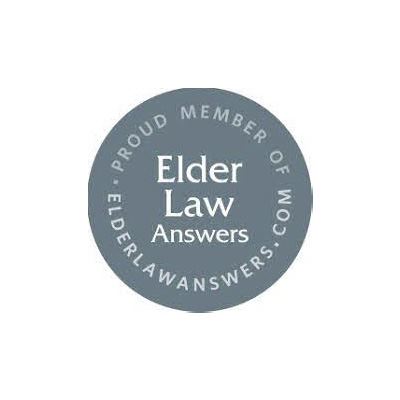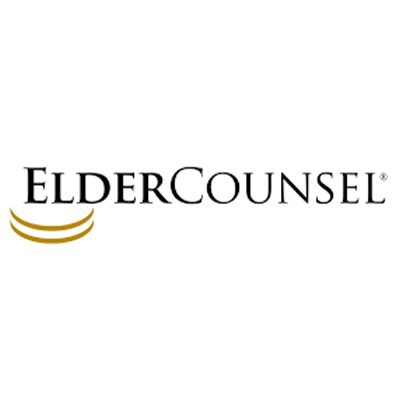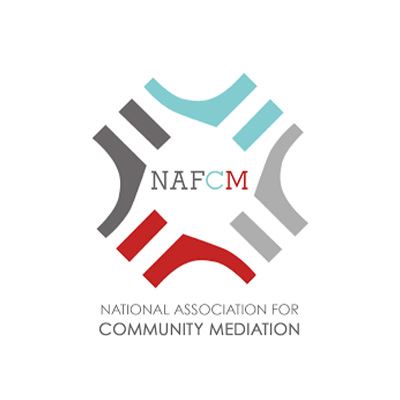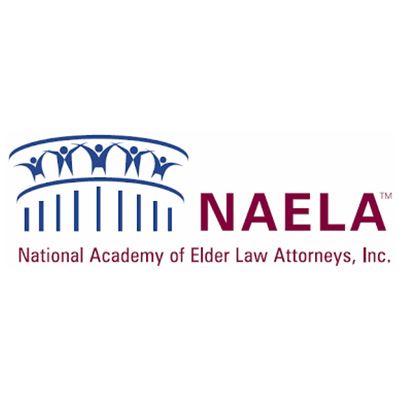
Caregiver Agreements
Charlotte Elder Law Attorney. Call (704) 870-0340.
In many cases, an elder is not given regular care by a professional assisted living orderly or a nursing home. Instead, family members are put in charge of taking care of an elder in day-to-day situations. In order to keep the expectations of a familial caregiver clear and to avoid any legal conflict in the future, it is highly recommended that a caregiver agreement – also called a family care contract – be drafted. A correctly drafted caregiver agreement will help protect both parties from complications, and creating one sooner than later is always better.
If you need to create a caregiver agreement, either as the caregiver, a family member, or an elder who needs care, the Law Office of Kelli Y. Allen, PLLCcan help. Our Charlotte elder law attorney has assisted clients throughout North Carolina. We genuinely like helping families get through difficult times and prepare for a more comfortable tomorrow.
Four of the top reasons to choose our law firm:
- We are known for creating personalized legal solutions – no cookie-cutter approaches.
- We are well-versed in all aspects of elder law in North Carolina.
- Our law firm’s small size allows us to truly focus on each client.
- Initial consultations are face-to-face to establish a trusting client-attorney relationship.

Whether you have questions or you're ready to get started, our legal team is ready to help. Complete our form below or call us at (704) 870-0340.
Basic Provisions of a Caregiver Agreement
What should your caregiver agreement include and why? The answer will vary slightly from case-to-case depending on your unique needs. However, it always helps to be thorough and to consider some groundwork basics of caregiver agreements. Keep in mind that such a contract will only apply to any future care given, not current or past care.
In your caregiver agreement, you will probably want to discuss:
- Work done: The bulk of your caregiver agreement should discuss the work to be done by the caregiver. Consider all the possible tasks that are or may become necessary to care for your elderly loved one. Driving to the grocery store, cleaning laundry, cooking dinner, and administering prescription drugs are all common examples of work to be completed by caregivers.
- Compensation given: After the work expectations are established, you must consider how much compensation the caregiver should receive and in what intervals. Family members will sometimes agree to minimal amounts of pay but you should consider paying at least minimum wage to reduce the chances of a legal issue later.
- Duration of care: Is the caregiver agreeing to taking care of the elder until further notice? Or, will the care agreement end in a year or so? We can help you decide the duration of care, as well as discussing a clause that lets either the caregiver or the elder to leave the contract early.
- Medical emergencies: A caregiver should be given specific instructions regarding how to react during a medical emergency involving the elder. Failing to follow those instructions could place liability on the caregiver if the matter escalates to an injury claim later.
You may also want to include language in your caregiver agreement that discusses liability in accidents or unexpected incidents. Caregivers are usually immune to liability unless it can be shown that they acted negligently, recklessly, or maliciously while caring for their elder.
Caring Legal Counsel Backed by Real Experience
A caregiver agreement can feel like both a strict legal contract and an informal agreement between family members. Let our Charlotte elder law attorney help you sort it out to decide what should or should not be said in the agreement.

Real Testimonials, Real Cases
-
"I won't hesitate to come back to you for any future needs with USCIS."C.B.
-
"Kelli and her staff were phenomenal from start to finish"Anonymous
-
"They treated us very well and made the process easy."E.L.








